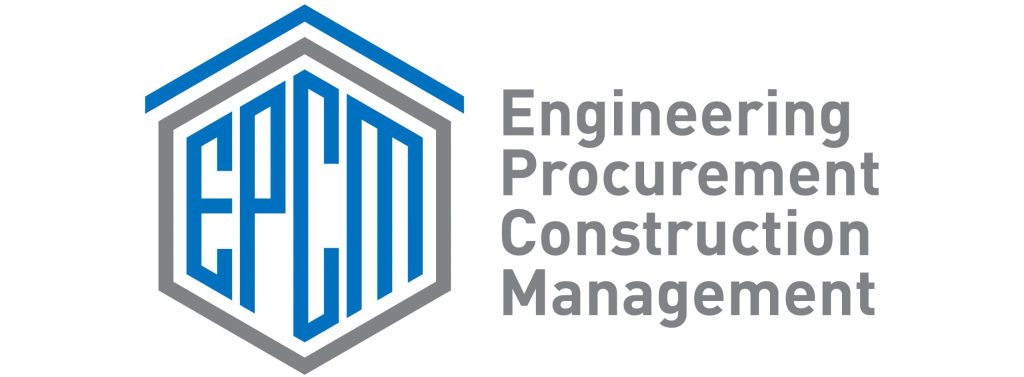Introduction
In the dynamic field of construction, particularly within the realms of Engineering, Procurement, and Construction (EPC), managing risk is paramount to the success and sustainability of any project. EPC companies, especially those operating in sectors like oil and gas or involved in carbon capture solutions, face a myriad of risks ranging from project delays to budget overruns. This guide provides a deep dive into effective risk management strategies tailored for EPC projects, ensuring project managers and stakeholders are equipped with the knowledge to navigate uncertainties efficiently.
The Importance of Risk Management in EPC Projects
Risk management in EPC construction, involving comprehensive services from EPC engineering companies and contractors, is not just about problem-solving. It’s a proactive approach to identifying, assessing, and mitigating risks before they become issues. This proactive stance is crucial in cities like Calgary, Alberta, Canada, where the EPC sector is not only thriving but also evolving rapidly amidst the city’s booming engineering and construction landscape.
Core Strategies for Managing Risks
1. Risk Identification and Assessment
Early and accurate identification of potential risks is the foundation of effective risk management. Tools and methodologies like SWOT analysis (Strengths, Weaknesses, Opportunities, Threats) and PESTLE analysis (Political, Economic, Social, Technological, Legal, Environmental) are instrumental in this phase.
Further reading: Project Management Institute’s Guidelines on Risk Assessment
2. Risk Analysis and Prioritization
Once identified, risks must be analyzed for their potential impact and likelihood. This process helps in prioritizing risks, allowing teams to focus on what matters most. Techniques such as qualitative risk analysis and quantitative risk analysis are essential components of this step.
Further reading: Risk Analysis Techniques – CIO.com
3. Risk Mitigation Planning
Developing a risk mitigation plan involves choosing and implementing strategies to address identified risks. These strategies can range from risk avoidance and transfer to mitigation and acceptance. Incorporating insights from seasoned EPC consultants can significantly enhance the effectiveness of these plans.
Explore our EPC Consulting Solutions for expert guidance.
4. Implementation and Monitoring
Effective risk management requires the diligent implementation of mitigation plans, followed by continuous monitoring. Tools like ERP systems and project management software can offer real-time data tracking and management capabilities essential for this phase.
Learn more: Construction Project Management Software – Autodesk
5. Continuous Improvement
The dynamic nature of construction projects necessitates a continuous improvement approach to risk management. Regular reviews and updates to the risk management plan are critical, ensuring it remains relevant and effective throughout the project lifecycle.
Discover our Project Management Services for continuous support.
Case Studies: Risk Management in Action
Highlighting successful risk management implementations in various EPC projects, such as those in oil and gas or utilizing carbon capture solutions, can provide practical insights and reinforce the importance of structured risk management approaches.
Conclusion
Effective risk management is non-negotiable in the construction sector, especially within EPC projects. By embracing a structured and proactive approach to identifying, analyzing, and mitigating risks, EPC companies can not only safeguard their projects against unforeseen challenges but also ensure their competitive edge in the industry.
For further exploration into how EPC risk management can transform your projects, visit our EPC Project Planning Consultancy page.
External Resources for Further Reading:
Construction Risk Management – Construction Dive
Risk Management in Construction Projects – ResearchGate
International Association of Project and Program Management
By adopting these strategies and leveraging expert insights from EPC consulting professionals, construction managers and project teams can navigate the complexities of modern construction projects with confidence and agility.

